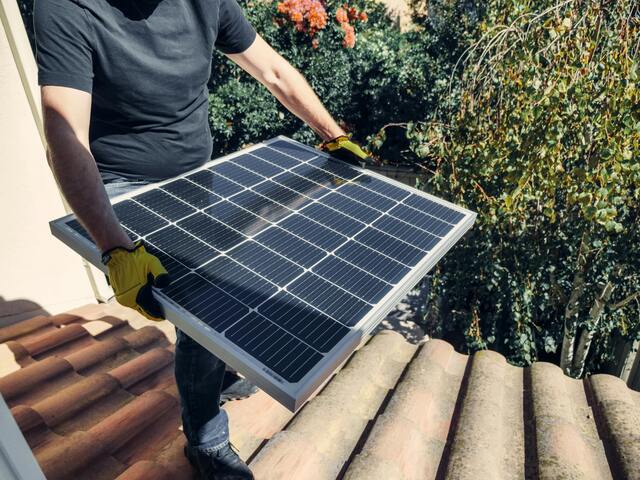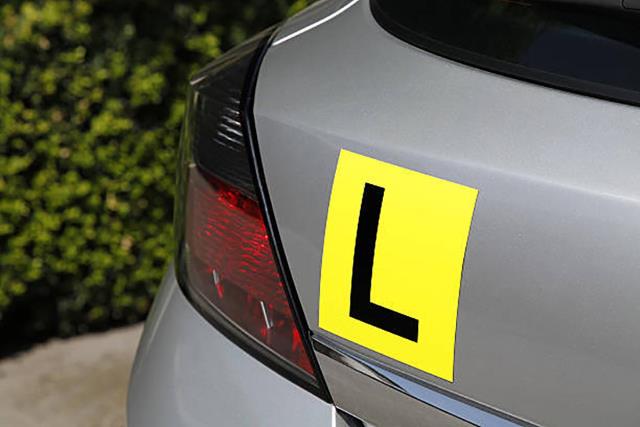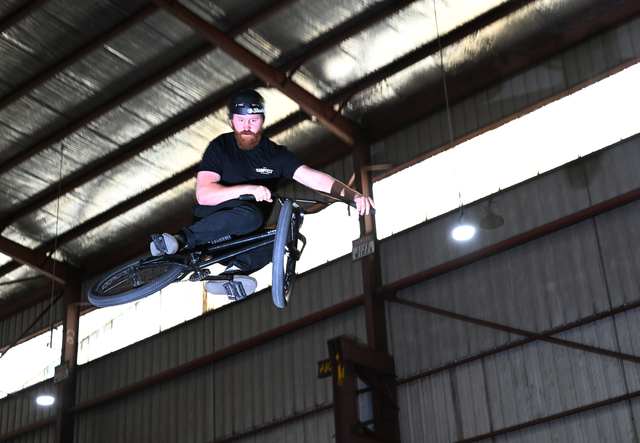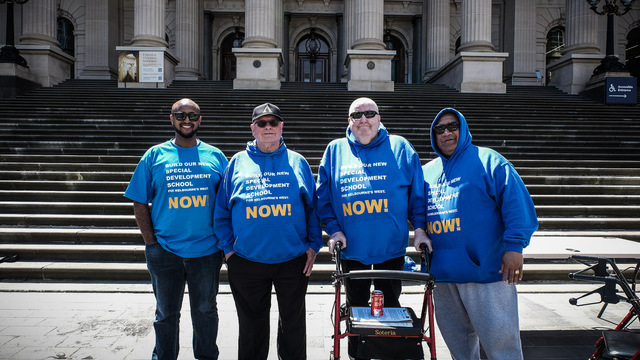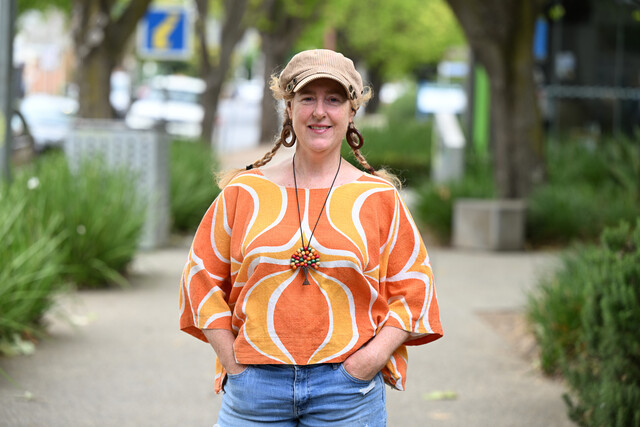A Victorian welfare agency has joined the widespread attack on Treasurer Joe Hockey’s comments that low-income people won’t be hit as hard by a rise in fuel excise tax because they don’t drive as much.
Victorian Council of Social Service (VCOSS) chief executive Emma King said Mr Hockey’s comments that the “poorest people don’t have cars or don’t drive very far” was wrong.
“We know when we go into growth corridors like Melton and Wyndham they don’t have the same access to public transport so they rely on cars and spend a higher proportion of time travelling to work,” Ms King said.
“They often move to these areas because of housing affordability and have to rely on cars to travel to jobs closer in.”
Melton council figures show 82 per cent of residents travel to work outside the municipality.
Ms King said any increase in petrol prices was felt hard by those on lower incomes and while Mr Hockey said he had facts to back up his comments, they differed from the VCOSS’s information.
“I don’t want to get into a slanging match,” she said. “But we have evidence that shows that when you operate on a low income, car expenses take up a disproportionately high amount of income.”
The National Growth Areas Alliance (NGAA), which represents 25 of the fastest- growing areas in outer suburban Australia, also rejected Mr Hockey’s claims.
“Typically, residents in the outer suburbs are those with relatively high rates of car ownership, high expenditure on fuel, high mortgage costs and, generally, with median or lower than the national median income,” NGAA chairman Glenn Docherty said. “There are fewer jobs and services available close to home and limited public transport options.
“Even higher fuel prices and sitting for hours on congested roads will add to their burden as they don’t have the available choices that others enjoy to use their cars less.”
Gorton MP Brendan O’Connor said Mr Hockey should come out to his electorate and apologise. (Mr Hockey has since apologised nationally.) “We know the vast majority of people in Melton use their cars to travel far to work, to see friends, to see family and to access services such as seeing a doctor,” Mr O’Connor said. “You’re going to see a big impact on their standard of living.”









